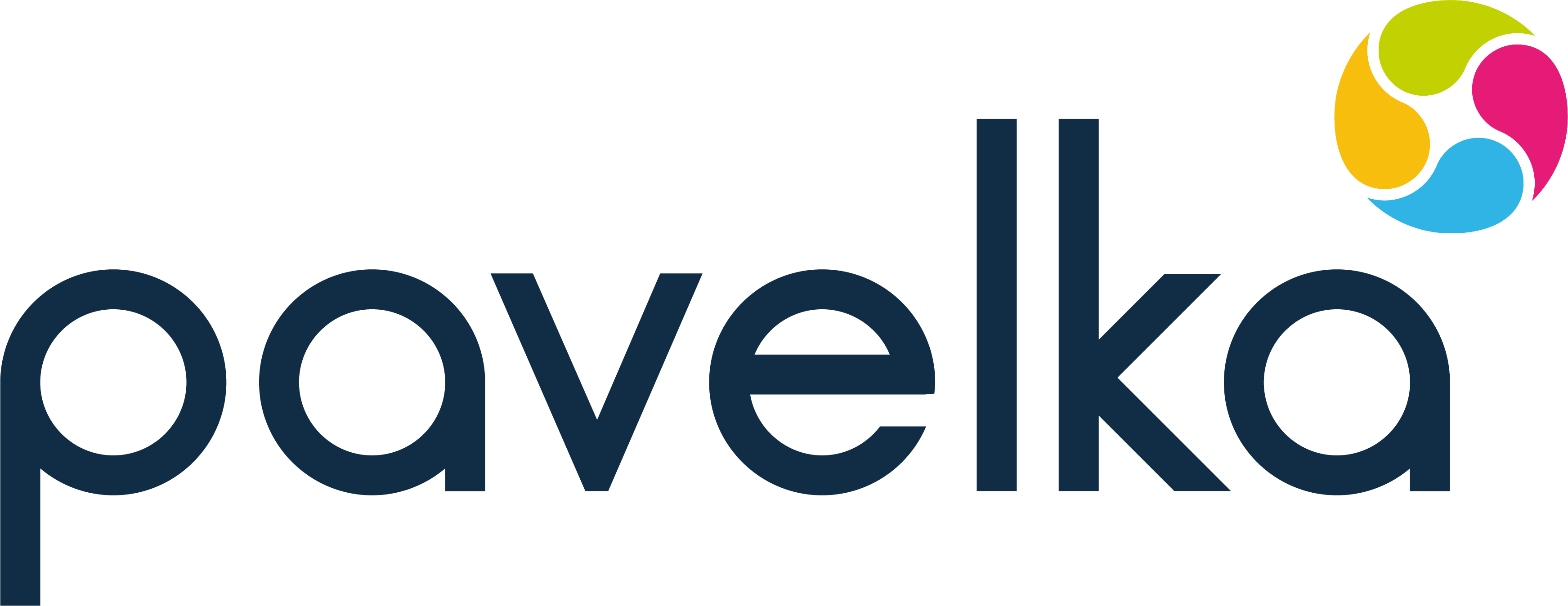The Four Elements
Lifestyle for a lifetime
Our wellbeing framework is based around The Four Elements; Eat, Sweat, Think and Connect.
These are our universal truths. We believe that if everyone considers how they can best live with each element every day, then they will be making good progress on their own path to health and wellbeing.

The Four Elements is a simple yet impactful wellbeing framework
It provides a common language: Eat, Sweat, Think and Connect. It’s easy to understand and something everyone can relate to.
These universal concepts create a foundation to start building your culture of wellbeing, encouraging your people to open-up about their current state of well-being, adopt goals that matter to them whilst being supported and recognized for their accomplishments.
A unique approach
By adopting small, sustainable changes each day with how you Eat, Sweat, Think, and also Connect to those around them, each individual paints their own unique picture of what health means to them.
For organizations, The Four Elements wellbeing framework works best when seen as an ongoing lifestyle that’s fully embedded into the workplace; it’s not a once and done activity.
The Four Elements has been likened to an ongoing ‘life-support system’ - a lifestyle for a lifetime.

Eat
For too long, the concept of gaining control over what we eat has been enforced by dieting fads, notions of calorie-counting and promises of ‘low fat’ food and ‘tips’ to cheat diets.
Such restrictive, short-term concepts have disconnected us from what food really is – a strong relationship to the self and a key element of overall wellbeing.
Throughout the day, our moments for eating – especially in busy lifestyles – are in danger of being reduced to a quick fix or a box ticked. Guilt, cravings and frustration are possible results of a negative relationship with food.
Instead, changing the beliefs and behaviours of eating create opportunities to use the relationship with food to feel good in a continual and sustainable way.

Sweat
It’s no secret that exercise is vital for overall wellbeing – and it can be equally important to pay attention to your body outside of exercise, throughout the day.
Recognising how it is feeling – even in small windows of time – set the tone for how you care for yourself.
For their study in The Lancet Global Health, researchers from the World Health Organization (WHO) looked at self-reported data on activity from 1.9 million people from 358 surveys in 168 countries.
They found that the proportion of inactive people – those doing less than the recommended 150 minutes of weekly moderate exercise – was above 37% and rising each year.
If you’re feeling under pressure or stressed, taking the effort to get out of your head and into your body gives a boost to your wellbeing.
It’s not only about having a walk or going to the gym, but also about self-compassion and making yourself and how you feel the priority.

Think
Nutrition and exercise are seen as keys to wellbeing, but the prime state of how you feel comes from thinking and awareness.
Mindfulness of how you are feeling and what you are thinking is so simple yet so powerful.
A recent study by the World Health Organisation found that 35% of sick leave from work was due to mental health related cases.
Noticing the impact that people, places, and things have on you leads to the knowledge of how you might be able to transform these aspects through emotional thinking.
Simple actions from putting pen to paper and putting your thoughts into words or pausing to turn the volume down on everything except your breath – a little self-awareness goes a long way to changing how you feel.
With consideration taken to how you think, you have the ability to plan a day that is not only about what you do, but how you feel about it.

Connect
Connection is at the centre of the Four Elements. As well as connecting to yourself, there is a shared desired to connect with the people around us, such as our ‘teams’ both at home and at work.
Yet understanding and enjoying the realisation of that goal is equally as important. It helps to see these are the four points of connection: yourself, another person, a group, and something greater than you (whatever that means to you as the individual).
Being able to connect with and help others, whether colleagues at work or family at home, means understanding how you can be supportive and when to step up to help.
The impact is that it creates a positive and safe environment that benefits both your work life and your home life as you build trusting relationships.
From pausing the daily routine in order to open up lines of communication, sharing more with more people in your life creates a more meaningful experience.
It’s equally vital to create a connection to something greater than you. What that means is down to the individual, but whether it’s getting outdoors and into nature, being part of the world, or being in love, going beyond simply your own struggles adds perspective to the moment.
Defining what is greater than you – which is different for everyone – can be the greatest connection you can experience.
The Four Elements
are not about...
...a 60-day plan, a special diet, or a quick fix.
The guiding principle of The Four Elements is ‘a lifestyle for a lifetime’ – asking yourself, each day, how you considered your own health and wellbeing for each of the Elements.

